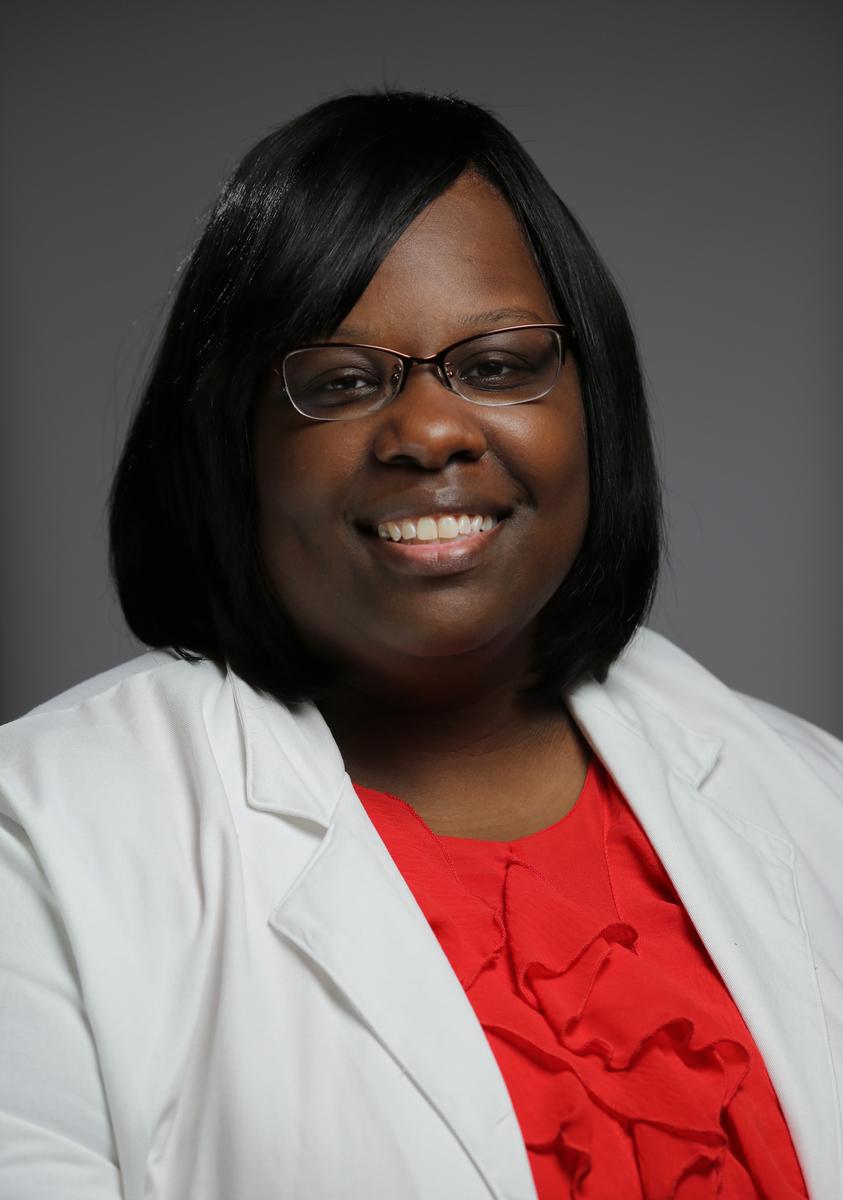 One thing I will say is that the fact that I’m here as a physician, the fact that our work at Duke, right there was a time when Black people could not go to Duke for school and could not be faculty there. So that by itself, the fact that I’m here, and I went to Cornell for undergrad, Cornell for med all those places that I was blessed to go and attend, you know, that wouldn’t have happened during the civil rights movement. So at the same time, I think when we’re talking about, like, if I change that question to more like an inclusive environment, right, so not just the presence of persons of color, not just the presence of different members of the LGBTQ plus community, you know, immigrant populations, things like that, if you talk about more than inclusive environment, right, and feeling the sense of belonging, I think we have a lot long way to go. You know, when we’re talking about making the environments inclusive, inclusive for people to do health equity research, and I partner a lot with community groups. And so, you know, it’s not until like this past year where, you know, some of the things that I do, regarding the diversity, equity and inclusion sphere was actually included in the advancement promotion and tenure package, you know, so we have these kind of Jedi requirements. And so that was just included there. Right. So a lot of the things I do weren’t really counted in my professional world, even though it’s had a substantial impact. And, you know, universities tend to show me off and show of other professionals like me, and so, you know, getting them regarded inclusion, belonging and academia and things like that. I think we have a long way to go. But the fact that I’m still there, I still acknowledge that we’ve come so far.
One thing I will say is that the fact that I’m here as a physician, the fact that our work at Duke, right there was a time when Black people could not go to Duke for school and could not be faculty there. So that by itself, the fact that I’m here, and I went to Cornell for undergrad, Cornell for med all those places that I was blessed to go and attend, you know, that wouldn’t have happened during the civil rights movement. So at the same time, I think when we’re talking about, like, if I change that question to more like an inclusive environment, right, so not just the presence of persons of color, not just the presence of different members of the LGBTQ plus community, you know, immigrant populations, things like that, if you talk about more than inclusive environment, right, and feeling the sense of belonging, I think we have a lot long way to go. You know, when we’re talking about making the environments inclusive, inclusive for people to do health equity research, and I partner a lot with community groups. And so, you know, it’s not until like this past year where, you know, some of the things that I do, regarding the diversity, equity and inclusion sphere was actually included in the advancement promotion and tenure package, you know, so we have these kind of Jedi requirements. And so that was just included there. Right. So a lot of the things I do weren’t really counted in my professional world, even though it’s had a substantial impact. And, you know, universities tend to show me off and show of other professionals like me, and so, you know, getting them regarded inclusion, belonging and academia and things like that. I think we have a long way to go. But the fact that I’m still there, I still acknowledge that we’ve come so far.








